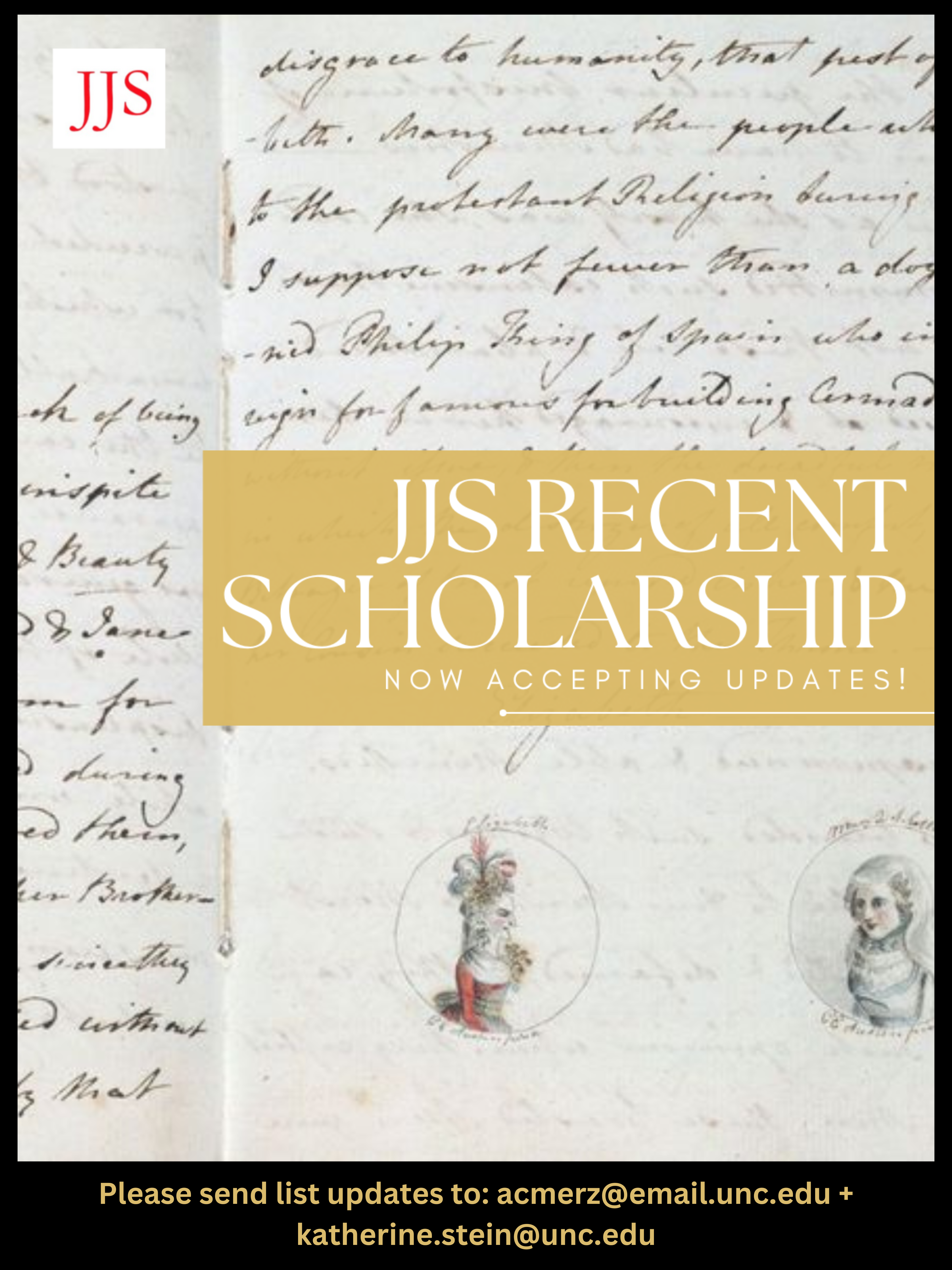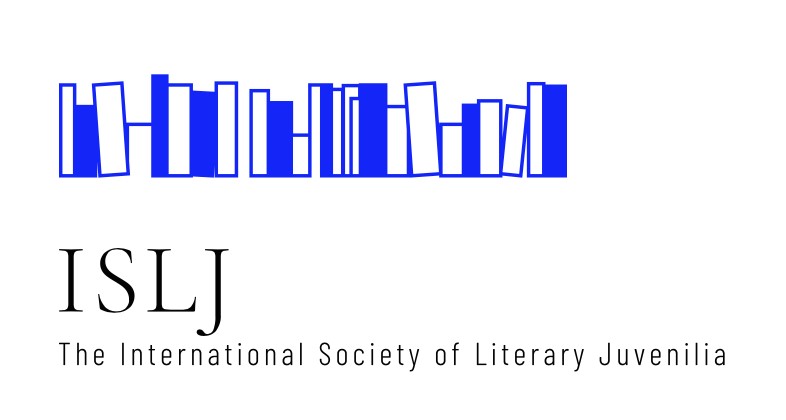Recusatio, Prolepsis, and Popular Sentiment in Tennyson's Juvenilia
DOI:
https://doi.org/10.29173/jjs134Keywords:
juvenilia, Tennyson, Romantic poetry, Victorian poetry, prolepsis, sentimental poetryAbstract
Tennyson’s early poems in Poems, by Two Brothers is remarkable for its insistence on maturity, a feature that Laurie Langbauer calls prolepsis, evident in an advertisement for this volume, presumably a jointly written by Alfred and Charles, in which the two brothers boldly announce their entry into the profession of poetry: “But so it is: we have passed the Rubicon, and we leave the rest to fate; though its edict may create a fruitless regret that we ever emerged from ‘the shade,’ and courted notoriety” (Tennyson and Tennyson, Advertisement). With this language and their subsequent volume of poems, Charles and Alfred Tennyson participate in a common schoolboy tradition of writing poetry as if already imagining themselves fully fledged poets. Moreover, in announcing their crossing of the Rubicon and “submitting to the microscopic eye of periodical Criticism” (ibid.), they strategically decide to disavow their youthful influences by means of the classical rhetorical strategy of recusatio.
Yet while both Tennyson brothers participate in the normative schoolboy tradition of writing poetry in imitation of classical Greek and Latin poets, Alfred’s imitation also extends into the vogue for sentimental literature, including the gothic, that was popularized in Tennyson’s boyhood in such novels as Ann Radcliffe’s Gothic romances and in gift books, poetry albums, and literary annuals like the Keepsake and the Forget-Me-Not. In so combining his schoolboy training in classical poetry with his reading of popular sentimental and Romantic literature, which were generally considered feminine and commercial, Tennyson forges a distinctive poetic voice and effectively launches himself into the vocation of poetry.
Downloads
Published
Issue
Section
License
The Creative Commons Attribution-Noncommercial-No Derivatives 4.0 International license applies to all works published by the Journal of Juvenilia Studies and authors retain copyright of their work.
![]()



.jpg)

 Dedicated to the discussion and promotion of literary works by young writers
Dedicated to the discussion and promotion of literary works by young writers
